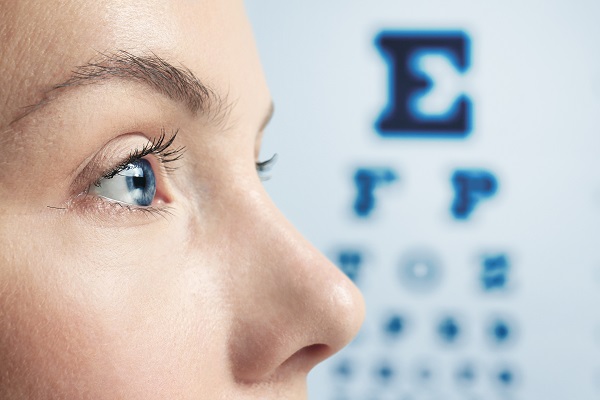Optometrist: How Diabetes Affects the Eyes

If you think you have eye problems because of diabetes, visit your optometrist. Diabetes can cause major eye and vision problems. Diabetes is one of the primary causes of vision loss for many people. Optometrists perform most of the comprehensive eye examinations for individuals with diabetes. Optometrists are well-versed in the management and treatment of diabetic eye disease.
How diabetes affects the eyes
Diabetes is a chronic disease that occurs when blood sugar, also called blood glucose, is too high. Diabetes impairs the ability of the body to use and store sugar. High sugar levels in the blood cause damage to the eyes. Diabetic eye disease refers to a group of eye conditions that affect individuals with diabetes. These include diabetic retinopathy, cataract and glaucoma.
Diabetic retinopathy
This is a condition that occurs in people with diabetes. It causes damage to the small blood vessels of the light-sensitive back wall of the eye called the retina. The retina takes in light and turns it into signals through the optic nerve of the brain. Once these vessels are damaged, they leak blood and other fluids and this causes diabetic retinopathy.
Fluid can also leak into the macula. The macula is the area of the retina responsible for clear central vision. The macula is small, but it is the part that allows people to see colors and fine detail. It also provides good vision for driving, reading and other similar activities. The fluid makes this part to swell and causes blurred vision. Both eyes are usually affected by diabetic retinopathy. If not treated, this condition can even cause blindness.
Glaucoma
Diabetes increases the risk of glaucoma. The glaucoma is a group of disorders that can lead to blindness and vision loss by damaging the optic nerve. Some forms of glaucoma are associated with pressure buildup inside the eye when fluid does not drain the way it should. This damages nerves and blood vessels and may cause changes in vision. People with diabetes are also more likely to have a rare condition known as neovascular glaucoma. This disease makes new blood vessels to grow on the colored part of the eye known as the iris. These vessels block normal fluid flow and raise eye pressure.
Cataract
Cataract usually develops in people with diabetes. Cataract formation causes the clouding of the eye lens. The eye’s natural internal lens allows the eye to see and focus on an image the same way as a camera. When the lens becomes cloudy, that means a cataract has formed. This makes it hard for the eye to focus the way it should.
Visit your optometrist for eye exams
Diabetes can lead to several problems that affect the eye such as diabetic retinopathy, glaucoma and cataract. These conditions can cause severe vision loss and even blindness. Early detection and timely treatment of diabetic eye disease can offer protection against vision loss. If you have not had an eye examination in a long time, schedule an appointment with your optometrist today.
Request an appointment here: https://www.texasoptical.net or call Texas Optical at (214) 771-7333 for an appointment in our Dallas office.
Check out what others are saying about our services on Yelp: Read our Yelp reviews.
Recent Posts
The selection of eyewear feels significantly easier when the styles and craftsmanship of Versace eyewear enters the conversation, since bold lines and iconic detailing create an instantly recognizable look. Versace represents the intersection of Italian fashion and Greek mythos, blending confident glamour with symbolism through its signature Medusa logo. The brand is widely associated with…
Many people who work in construction or laboratories wear safety glasses to protect their eyes during the day. However, keeping your eyes safe extends beyond hazards in the workplace. There is a wide variety of household chores and hobbies for which you should wear eye protection. When used consistently, safety glasses help create a safer…
Transitions lenses combine style and convenience to support clear vision without switching between regular glasses and sunglasses. While they were often considered unfashionable in days past, times have certainly changed. Today, transition lenses can be fashionable, chic, and a reflection of your personal style. When designing a pair for you, an optometrist will look at…
Dry eye treatment is important when occasional irritation becomes ongoing discomfort that interferes with daily activities. Many individuals experience dryness, burning, or a gritty feeling in the eyes from time to time. However, when symptoms start to affect reading, screen use, or time outdoors, a structured approach to diagnosis and care helps protect comfort and…


